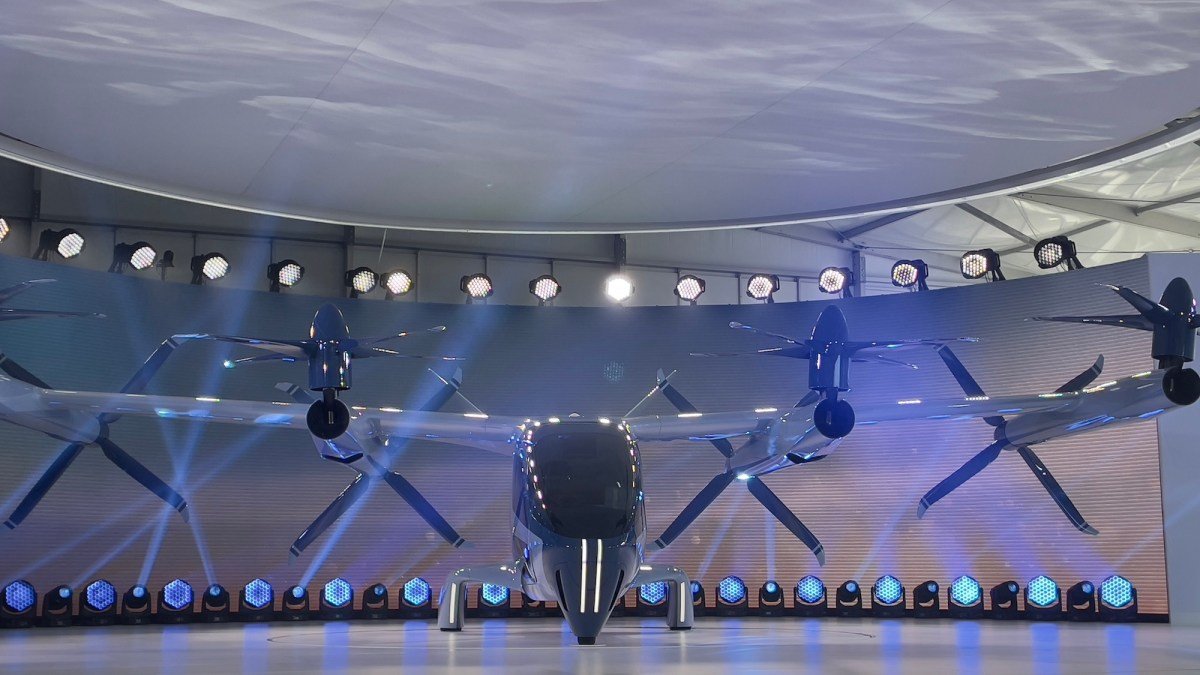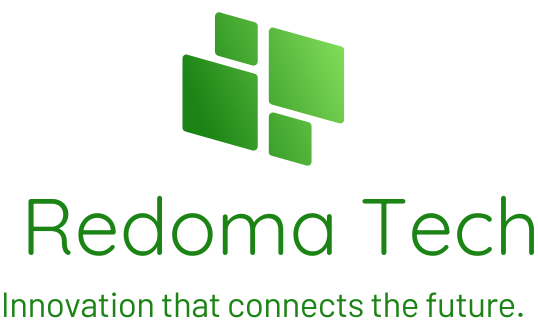
The crew has grown to around 700 strong over the years.
The eVTOL game is still a work in progress as companies hustle to make flying taxis a real-deal biz né?. area.
This big move is going down just over a year after Supernal put down roots in a 28000-square-foot office in D.C né?. office will still be holding it down as the go-to spot for all things policy and regulation, stressing that the big change won’t throw a wrench in Supernal’s plans to roll out an eVTOL service in 2028. Just know that most of the crew over there will be affected by the change. Hyundai has been getting hands-on with eVTOL tech for a minute now but just recently dropped the news in December 2021 that they’re spinning off their urban air mobility division into a new entity labeled Supernal né?. They had been cooking up this three-story workspace for over a year, all in the hopes of creating a kick-back spot that would inspire and make employees feel right at home. Around the same time as the move, Supernal also set up shop with an “engineering headquarters” in Irvine and an “R&D headquarters” in Fremont, California. But don’t worry, they haven’t spilled the beans on how many folks will be staying put in D.C. On the flip side, Toyota decided to throw an extra $500 million into Joby Aviation’s piggy bank as they gear up for a commercial launch in 2025.
 né?. According to LinkedIn and a secret squirrel about 45 people are currently holding it down for Supernal in the D.C. Volocopter has been in the money pit for a bit and Lilium pulled the plug back in October né?. Jaiwon Shin the big cheese at Hyundai Motor Group and the boss over at Supernal hit up TechCrunch to drop the deets that the decision to relocate was all about boosting teamwork and communication among the squads.
né?. According to LinkedIn and a secret squirrel about 45 people are currently holding it down for Supernal in the D.C. Volocopter has been in the money pit for a bit and Lilium pulled the plug back in October né?. Jaiwon Shin the big cheese at Hyundai Motor Group and the boss over at Supernal hit up TechCrunch to drop the deets that the decision to relocate was all about boosting teamwork and communication among the squads.
Shin also made it crystal clear that the D.C. to sunny Irvine California! Word on the street is that they’re asking around 35 to 40 employees to pack their bags and make the move out West né?. Hyundai’s electric vertical takeoff and landing startup, Supernal, is shaking things up by moving its global headquarters from Washington, D.C


